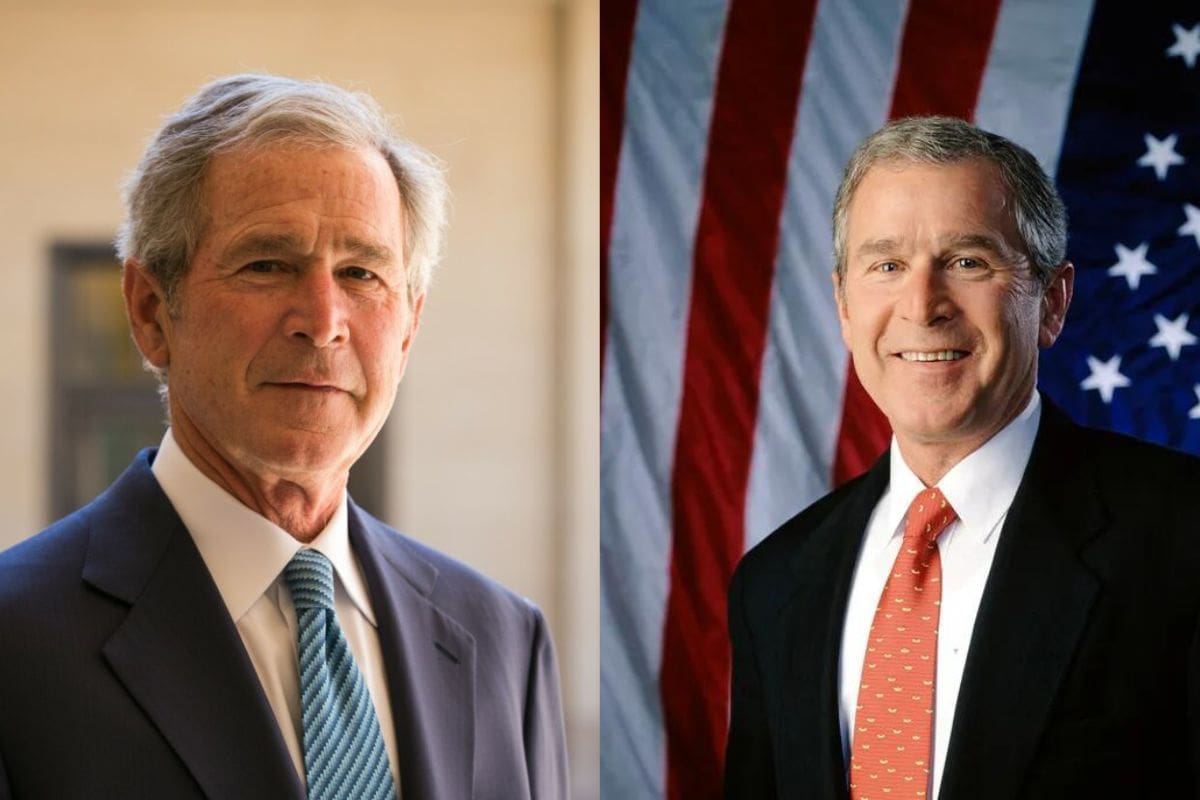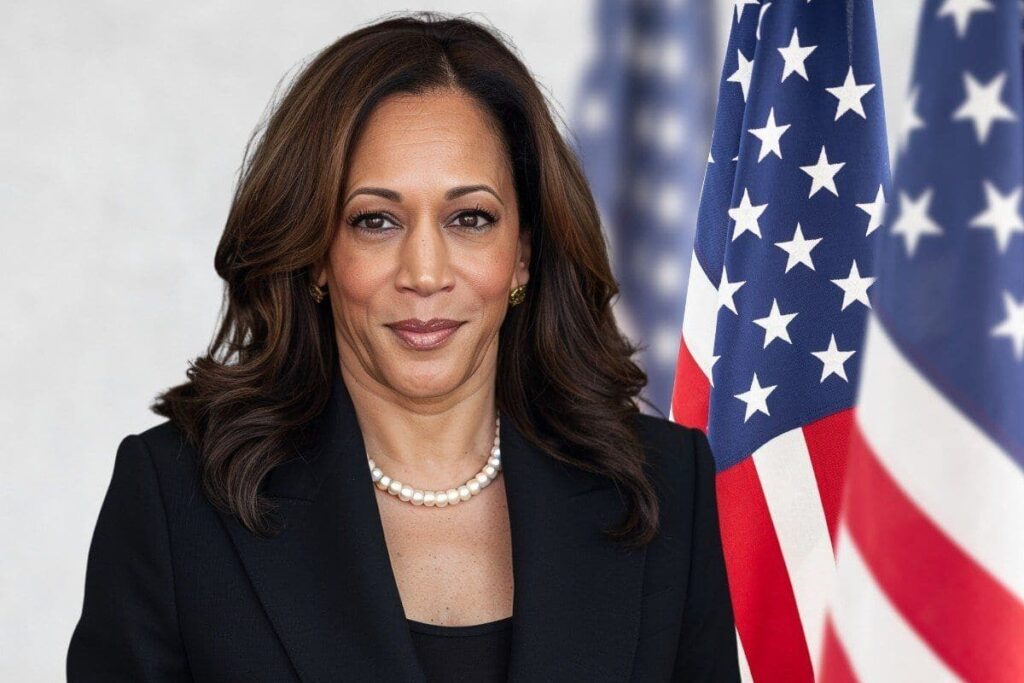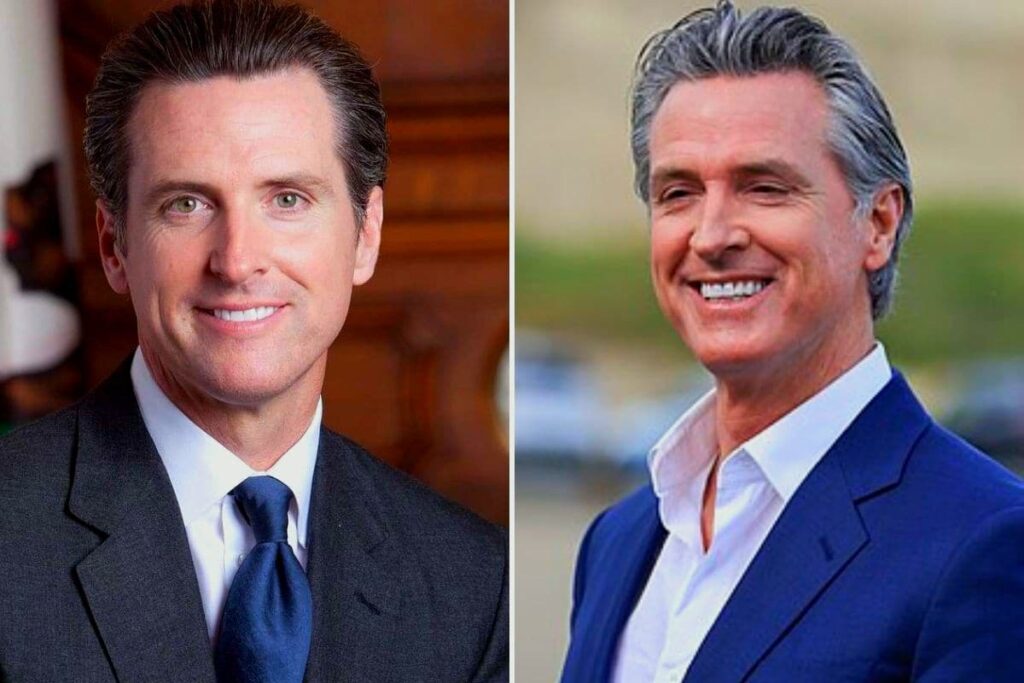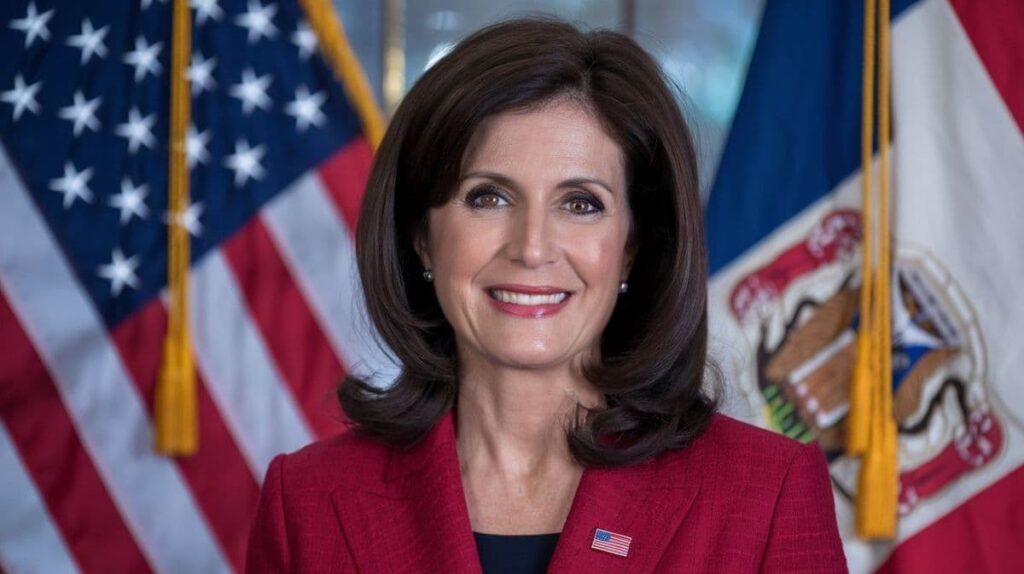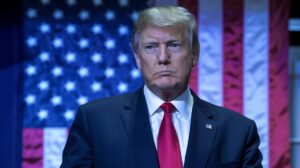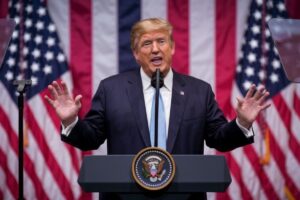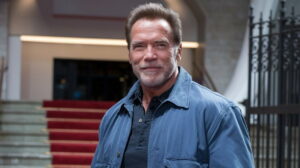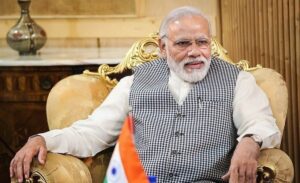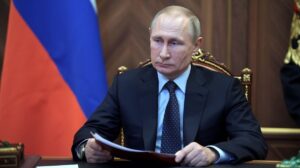Latest News on George W. Bush
As of 2024, George W. Bush, the 43rd President of the United States (2001–2009), remains influential in American politics and public life. Recently, he has focused on his post-presidential initiatives, including George W. Bush Presidential Center in Dallas, Texas. Bush has made headlines for his continued work on issues related to veterans’ care, democracy, and human rights. He is also noted for his involvement in various nonpartisan initiatives and public speaking engagements that address domestic and global challenges, from military veteran welfare to immigration reform.
Overview Table of George W. Bush
| Details | Information |
|---|---|
| Full Name | George Walker Bush |
| Date of Birth | July 6, 1946 |
| Place of Birth | New Haven, Connecticut, USA |
| Political Party | Republican Party |
| Presidential Term | January 20, 2001 – January 20, 2009 |
| Vice President | Dick Cheney |
| Education | Yale University (B.A.), Harvard Business School (MBA) |
| Major Wars/Conflicts | War on Terror, Iraq War, Afghanistan War |
| Significant Legislation | No Child Left Behind Act, Medicare Prescription Drug Act |
| Spouse | Laura Welch Bush (m. 1977) |
| Children | Barbara Bush, Jenna Bush Hager |
| Occupation After Presidency | Public speaking, author, humanitarian initiatives |
| Notable Achievements | Improved relations with Africa, Global Health Programs |
Detailed Biography of George W. Bush
Early Life and Education
George Walker Bush, the eldest son of George H. W. Bush, was born on July 6, 1946, in New Haven, Connecticut, the 41st President of United States, and Barbara Bush, George W. was raised in a politically prominent family. The Bush family relocated to Texas, where young George spent most of his childhood.
Bush attended Phillips Academy in Andover, Massachusetts, and went on to pursue higher education at Yale University, following in the footsteps of his father. At Yale, Bush majored in history and graduated in 1968. After a brief stint in the Texas Air National Guard, Bush earned an MBA from Harvard Business School in 1975, making him the first U.S. president to hold an MBA degree.
Entry into Business and Politics
Before entering politics, Bush pursued a business career. He co-founded Arbusto Energy, an oil exploration company in Texas. Despite initial struggles, Bush continued to grow his business portfolio and later became part-owner of the Texas Rangers baseball team. His involvement with the Rangers increased public visibility and political capital, particularly in Texas.
Bush’s political career began with a failed bid for Congress in 1978. However, his perseverance paid off, and in 1994, he successfully ran for Governor of Texas, defeating incumbent Ann Richards. His two terms as governor (1995–2000) were marked by education reform, tax cuts, and state judicial system improvements.
Also Read This: Bernie Sanders Biography: Life, Legacy & Key Policies
Presidential Election and First Term (2001–2005)
In 2000, George W. Bush won Republican nomination for President and ran a contentious and close election against Democratic candidate Al Gore. The U.S. Supreme Court ultimately decided the election in Bush v. Gore, awarding Bush the presidency despite losing the popular vote. Bush’s first term as President is most remembered for September 11, 2001, terrorist attacks, which dramatically shifted his administration’s focus toward national security.
Major Policies and Events of the First Term
- War on Terror: In response to 9/11, Bush launched the War on Terror, with military interventions in Afghanistan to dismantle al-Qaeda and the Taliban.
- Iraq War: In 2003, Bush controversially ordered the invasion of Iraq, citing the threat of weapons of mass destruction (WMDs), though such weapons were never found.
- Patriot Act: The Bush administration implemented the USA PATRIOT Act to strengthen national security and intelligence gathering. This act drew both praise and criticism for expanding government surveillance.
- Education Reform: Bush introduced the No Child Left Behind Act (2001), a significant education reform policy focused on standardized testing and school accountability.
| Major Events (First Term) | Date | Description |
|---|---|---|
| September 11 Attacks | September 11, 2001 | Coordinated terrorist attacks by al-Qaeda that killed nearly 3,000 people. |
| Invasion of Afghanistan | October 7, 2001 | U.S.-led military action to remove the Taliban and dismantle al-Qaeda. |
| No Child Left Behind Act Signed | January 8, 2002 | Landmark education reform focusing on testing and school accountability. |
| Iraq Invasion | March 20, 2003 | U.S.-led invasion of Iraq aimed at toppling Saddam Hussein’s regime. |
Second Term (2005–2009)
Bush was re-elected in 2004 after a heated campaign against Democratic Senator John Kerry. His second term was dominated by continued military engagement in Iraq and Afghanistan and domestic challenges like that Hurricane Katrina and the 2008 Financial Crisis.
Key Initiatives and Policies of the Second Term
- Medicare Prescription Drug Act: One of Bush’s significant domestic achievements was the passage of Medicare Prescription Drug, Improvement, and Modernization Act (2003), which provided seniors with access to prescription drugs.
- Supreme Court Appointments: Bush appointed two conservative justices to the U.S. Supreme Court John Roberts (Chief Justice) and Samuel Alito.
- Hurricane Katrina Response: In 2005, Hurricane Katrina devastated New Orleans and the Gulf Coast. Bush’s administration faced heavy criticism for the federal government’s slow response to the disaster.
- Financial Crisis of 2008: Toward the end of Bush’s presidency, the United States experienced the Great Recession, a financial meltdown triggered by the housing market’s collapse. Bush’s administration responded with the Emergency Economic Stabilization Act, including Troubled Asset Relief Program (TARP), which provided financial support to banks and other institutions.
| Major Events (Second Term) | Date | Description |
|---|---|---|
| Hurricane Katrina | August 29, 2005 | Devastating hurricane; Bush faced criticism over federal response. |
| John Roberts Appointed | September 29, 2005 | Roberts confirmed as Chief Justice of U.S. Supreme Court. |
| Financial Crisis of 2008 | September 2008 | U.S. economy entered a deep recession due to the housing market collapse. |
| TARP Enacted | October 3, 2008 | Financial relief for banks and financial institutions during the Great Recession. |
Post-Presidency: Humanitarian Work and Legacy
After stepping down from office in 2009, George W. Bush dedicated his efforts to humanitarian work. Alongside his wife, Laura, he founded the George W. Bush Presidential Center in Dallas, Texas. This center includes the Bush Institute, which addresses global challenges like economic development, human freedom, and veterans’ support. He has been a vocal advocate for veterans’ health and immigration reform.
Also Read This: Joe Biden: Leadership, Legacy & 2024 Election Outlook
Bush has also written several books, including his memoir “Decision Points“, which offers a detailed account of his presidency and key decisions during his tenure. In recent years, Bush has gained recognition for his artwork, particularly his portraits of military veterans, showcased in exhibitions and published in books such as “Portraits of Courage“.
| Post-Presidency Focus | Description |
|---|---|
| Bush Institute | Promotes democracy, human rights, and economic development worldwide. |
| Veteran Advocacy | Bush has championed causes for military veterans’ healthcare and rehabilitation. |
| Authorship | Published memoir “Decision Points” (2010) and “Portraits of Courage” (2017). |
| Art | Bush’s artwork, focusing on portraits of veterans, has gained widespread attention. |
Personal Life
George W. Bush married Laura Welch in 1977, and they have twin daughters, Barbara Pierce Bush and Jenna Bush Hager. The Bush family is known for its deep ties to public service, with multiple generations having held significant roles in the U.S. government and politics. Since leaving the White House, Bush has enjoyed a quieter life, often spending time at his ranch in Crawford, Texas.
Bush has often credited his Christian faith for guiding his personal and professional decisions. He became a devout Christian in the 1980s after struggling with alcoholism, a period of his life he has spoken about openly.
Legacy and Public Perception
George W. Bush’s legacy remains a subject of debate. His leadership after the September 11 attacks earned him widespread praise, but his decision to invade Iraq, handling of Hurricane Katrina, and the financial crisis drew significant criticism. However, in recent years, Bush’s public opinion has improved, with his humanitarian efforts and nonpartisan work helping to restore his image.
| Legacy Highlights | Controversies |
|---|---|
| Strong leadership post-9/11 | Iraq War decision and aftermath |
| No Child Left Behind reforms | Handling of Hurricane Katrina |
| Veterans advocacy post-presidency | 2008 Financial Crisis |
George W. Bush continues to influence public discourse, advocating for unity and global collaboration in a time of divisiveness in American politics.
Frequently Asked Questions (FAQs)
George W. Bush served as 43rd President of the United States from 2001 to 2009, overseeing major events like 9/11 attacks and the Iraq War.
He is best known for leading the U.S. response to the 9/11 attacks, initiating the War on Terror, and the controversial invasion of Iraq.
Key policies include the No Child Left Behind Act, the Medicare Prescription Drug Act, and post-9/11 security reforms like the Patriot Act.
After his presidency, Bush focused on humanitarian efforts through the Bush Institute, veterans’ advocacy, and his passion for painting.
Bush ordered 2003 invasion of Iraq, citing presence of weapons of mass destruction, a decision that remains controversial.
Reference Information
- Article Title: George W. Bush: 43rd U.S. President, Legacy & Biography
- Author: mixinsights.com Editors
- Website Name: Mix Insights
- URL: https://mixinsights.com/politicians/george-w-bush/
- Last Updated: September 15, 2024
- Original Published Date: September 15, 2024
This information is based on our own research.

